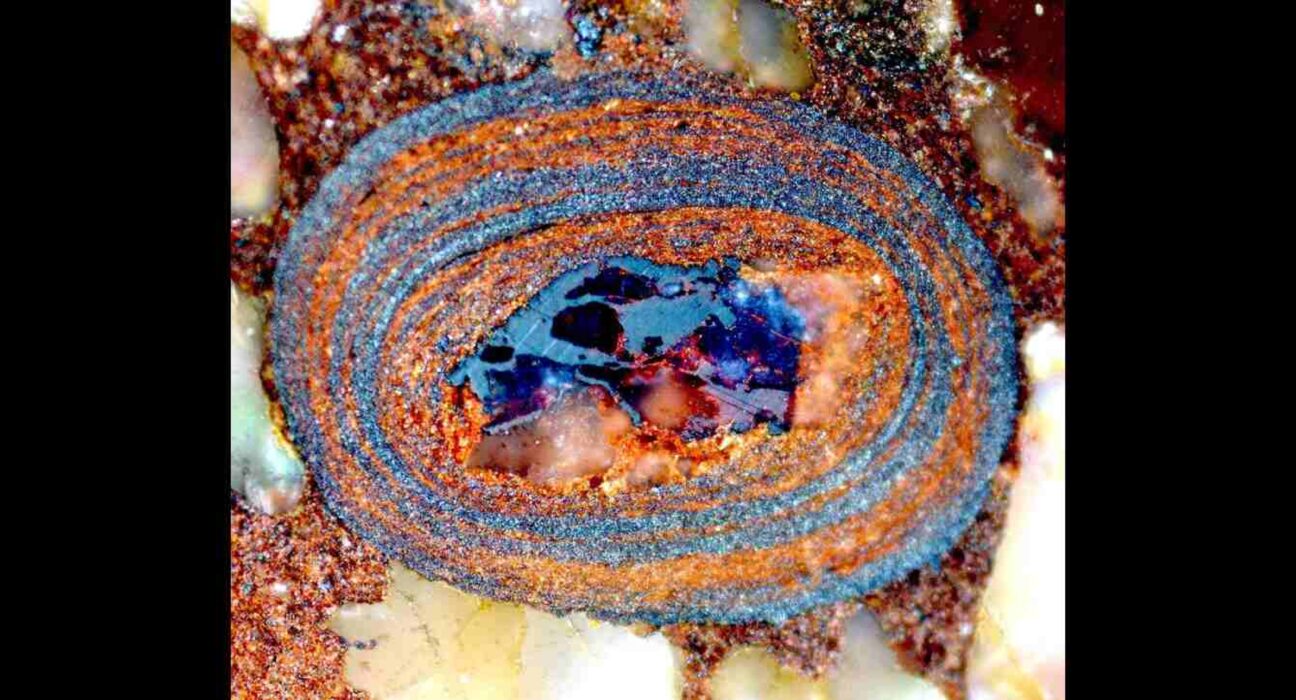Sand-Sized Stones Reveal Secrets of Earth’s First Life
Scientists at ETH Zurich have uncovered new evidence about how life evolved on Earth. Their study of tiny, iron-rich stones shows that ancient oceans held far less carbon than previously believed.
These sand-sized stones, called ooids, formed millions of years ago on the sea floor. Like miniature time capsules, they contain traces of organic carbon from Earth’s early oceans.
Using a new technique, researchers measured carbon levels trapped inside these ooids. Their findings reveal that oceans between 1,000 and 541 million years ago had 90–99% less dissolved organic carbon than today.
This discovery challenges long-held theories linking carbon levels to major ice ages and the rise of complex life.
Rewriting the Story of Life
Until now, scientists believed huge stores of organic carbon in ancient seas fueled early life and oxygen surges. However, Professor Jordon Hemingway’s team found that these oceans were, in fact, carbon-poor.
Lead author Nir Galili explains, “We need new explanations for how oxygen and complex life evolved.” The team suggests that early organisms sank faster after death, removing carbon from seawater and storing it deep in the ocean.
When oxygen later increased, carbon levels rose again — setting the stage for modern marine life.
This research not only rewrites Earth’s past but also warns about its future. As oceans lose oxygen due to pollution and climate change, similar conditions could reappear.






